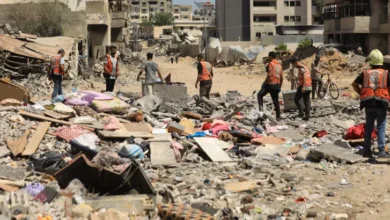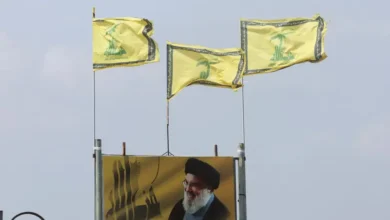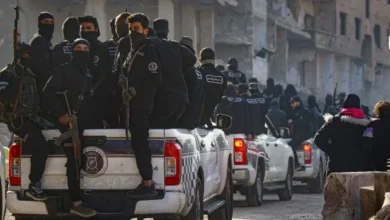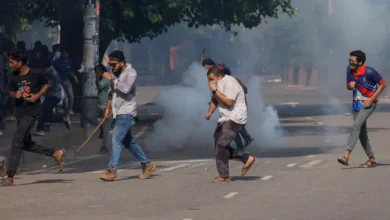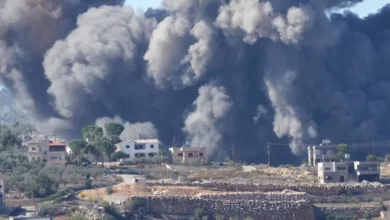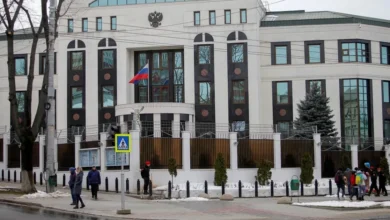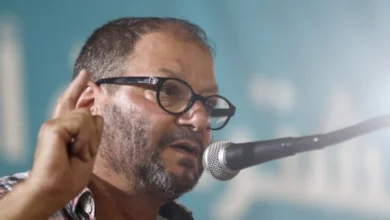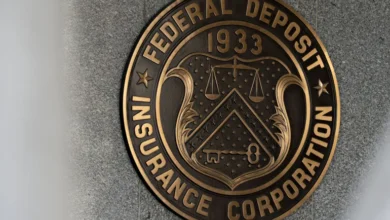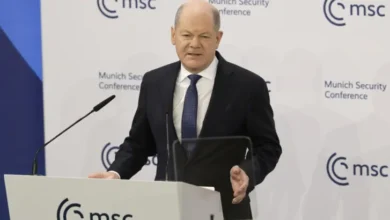Niger becomes hotbed of disinformation after July 26 coup
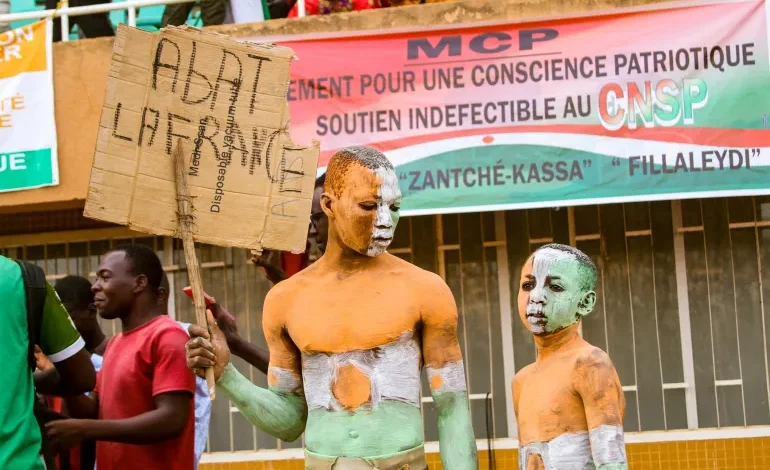
Since the July 26 coup, Niger has become the latest hotbed of disinformation in the troubled Sahel region as West African powers grapple with crafting a response to the political crisis.
From false rumours and misleading videos to manipulated audio clips, more than a dozen social media claims either backing or discrediting the coup leaders after they toppled President Mohamed Bazoum, have been debunked.Soon after his removal, amateur footage of a large march surfaced online purporting to show a pro-Bazoum rally in Niger’s capital Niamey on August 6. In reality, the clip was filmed on the day of the president’s removal from power.
Another viral video allegedly featured Niger’s deposed finance minister crying after coup leaders gave him an ultimatum to account for missing funds or face death.
But Agence French Presse found the clip was from 2021 and in fact showed Niger’s former Justice Minister Marou Amadou expressing his gratitude to ex-President Mahamadou Issoufou.
Misleading reports about foreign interference in the crisis are rising as uncertainty mounts over the possibility of the Economic Community of West African States (ECOWAS) using military force to reverse the coup.
The regional bloc, chaired by Nigerian President Bola Tinubu, was quick to condemn Bazoum’s removal and pile sanctions on Niamey days after the takeover, with Nigeria – Niger’s main electricity provider – cutting off supplies.
There were also false claims about French fighter jets landing in Senegal to support a possible ECOWAS intervention, or about fighters from the Russian mercenary group Wagner and Burkinabe troops arriving in Niger to support the new leaders.
The coup meant landlocked Niger joined neighbours Mali and Burkina Faso to become the third Sahel country to experience a coup in as many years.
Like elsewhere in the region, anti-French sentiment has been rising in Niger. Its new military leaders have the support of fellow ex-French colonies Mali and Burkina Faso, which have turned their backs on Paris in favour of closer Moscow ties.Some analysts, however, said there were few signs of organised, large-scale offensives aimed at spreading false content as seen in other African nations.
Disinformation about post-coup Niger did not seem “particularly well coordinated or centrally managed”, said Ikemesit Effiong, an analyst at the geopolitical consultancy SBM Intelligence in Nigeria.
Nonetheless, coup supporters have “largely amplified the threat of conflict with ECOWAS, particularly Nigeria as well as France, to mobilise support online and on the ground” in a region where “anti-imperialist and anti-Western views are popular and an easy sell”, Effiong said.
Experts told AFP that the spread of disinformation targeting Niger mirrored a pattern already witnessed elsewhere on the continent: it usually originates on encrypted platforms like Telegram and WhatsApp before being shared on other social media apps.
Moreover, several anti-French and pro-Russian accounts that post propaganda about Mali and Burkina Faso have also promoted false claims about Niger.
